Starting a waste reduction program is easier to do with support from all levels – Chief, Council, landfill staff, teachers, and community members. It’s also more likely to be successful and last over time.
Educate community members on how to reduce and re-use items along with what can be recycled, and why it’s important to participate. Let them know which items are hazardous and how to deal with them.
Make it simple and easy for people to take part in your waste reduction and recycling program, so that it gets off to a positive start. Then everyone can be proud of and share in its success.
Let residents know how many hazardous and recyclable materials have been collected and removed from the community, and how they have helped.
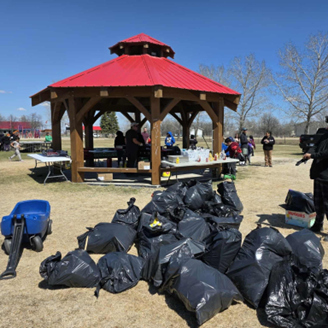
Ask youth to help get community support for new waste reduction initiatives, especially kids who are already involved with other community issues, such as Junior Chief & Council.
Talk to community members who are most unhappy about the current waste situation.
Ask those who come out to a presentation or express interest in reducing waste and recycling to help share information and identify what waste materials to focus on.
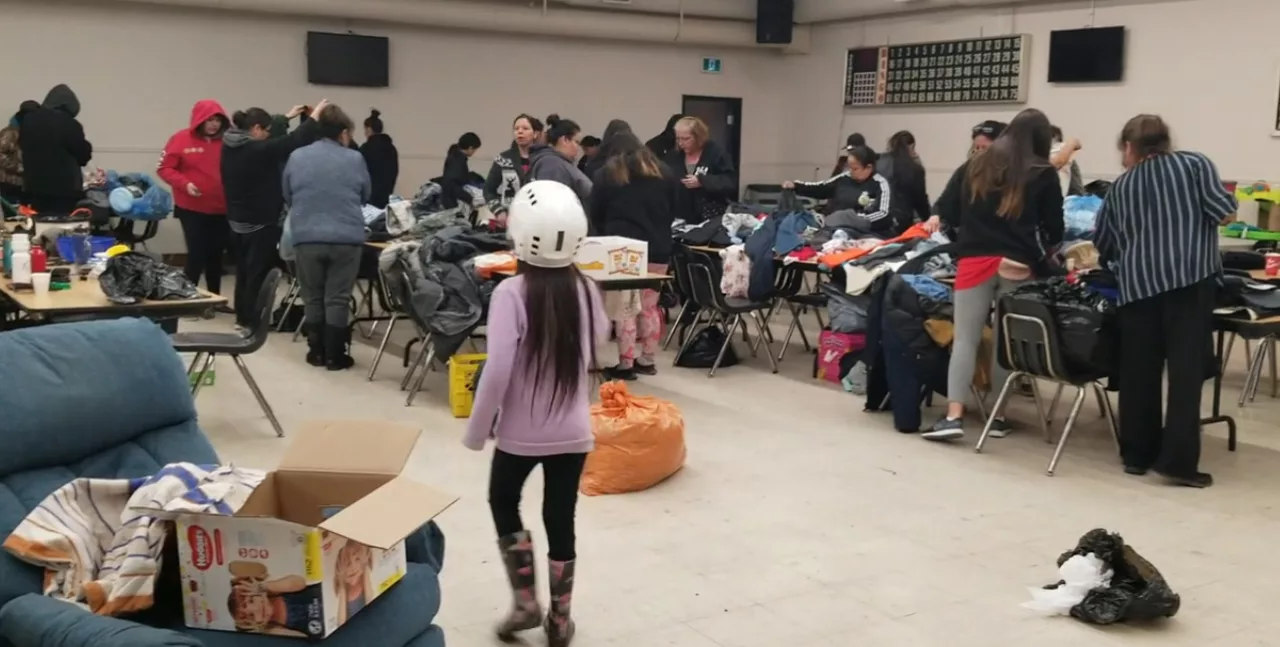
This is an event for community members to share and swap gently used goods they no longer use. Like books, CDs and DVDs, clean clothes, toys, household items (like lamps, dishes, tools), and sports equipment.
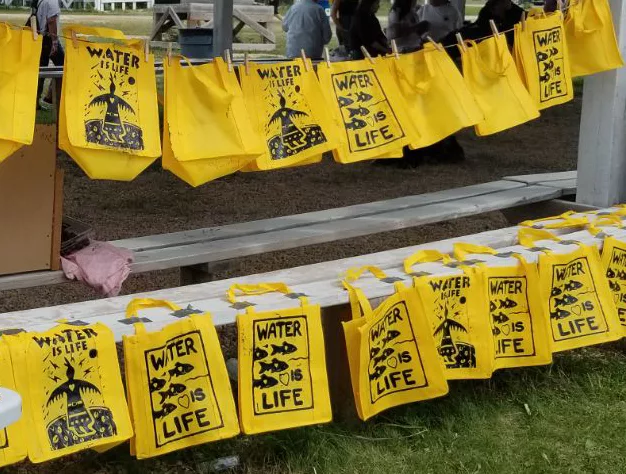
Distribute re-usable shopping bags and coffee travel mugs to community members. Set up a program at the local store to charge for plastic bags to help encourage use of reusable bags. Encourage "litterless" lunches with re-usable food containers for kids to take to school.
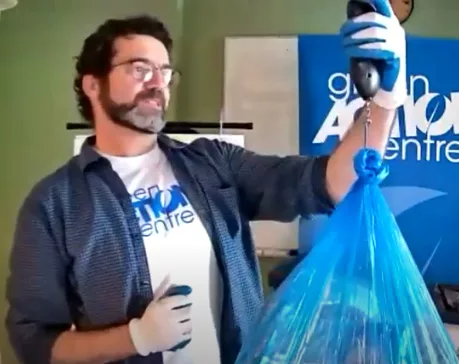
Doing a waste audit in the community or at the school can help to figure out what types of reusable or recyclable materials to focus on.

Set up a covered space at the landfill for community members to leave items such as household appliances that still work, windows, doors, building materials, toys, clothes, furniture, and electronics.
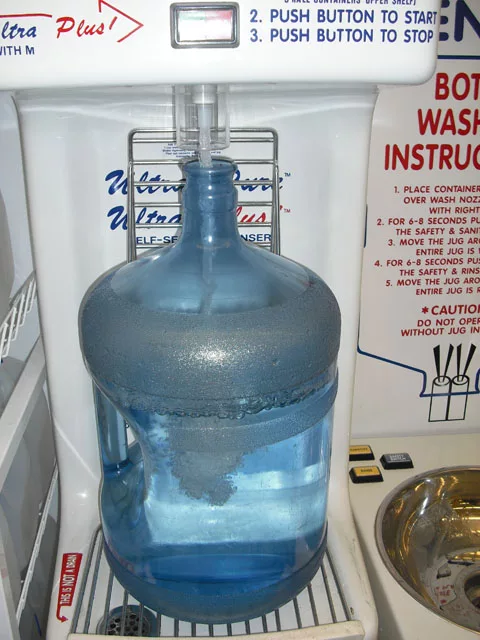
Use large, refillable jugs of water at community events instead of individual bottles. Encourage the use of real dishes and cutlery in the community centre and at treaty days instead of plastic or styrofoam.
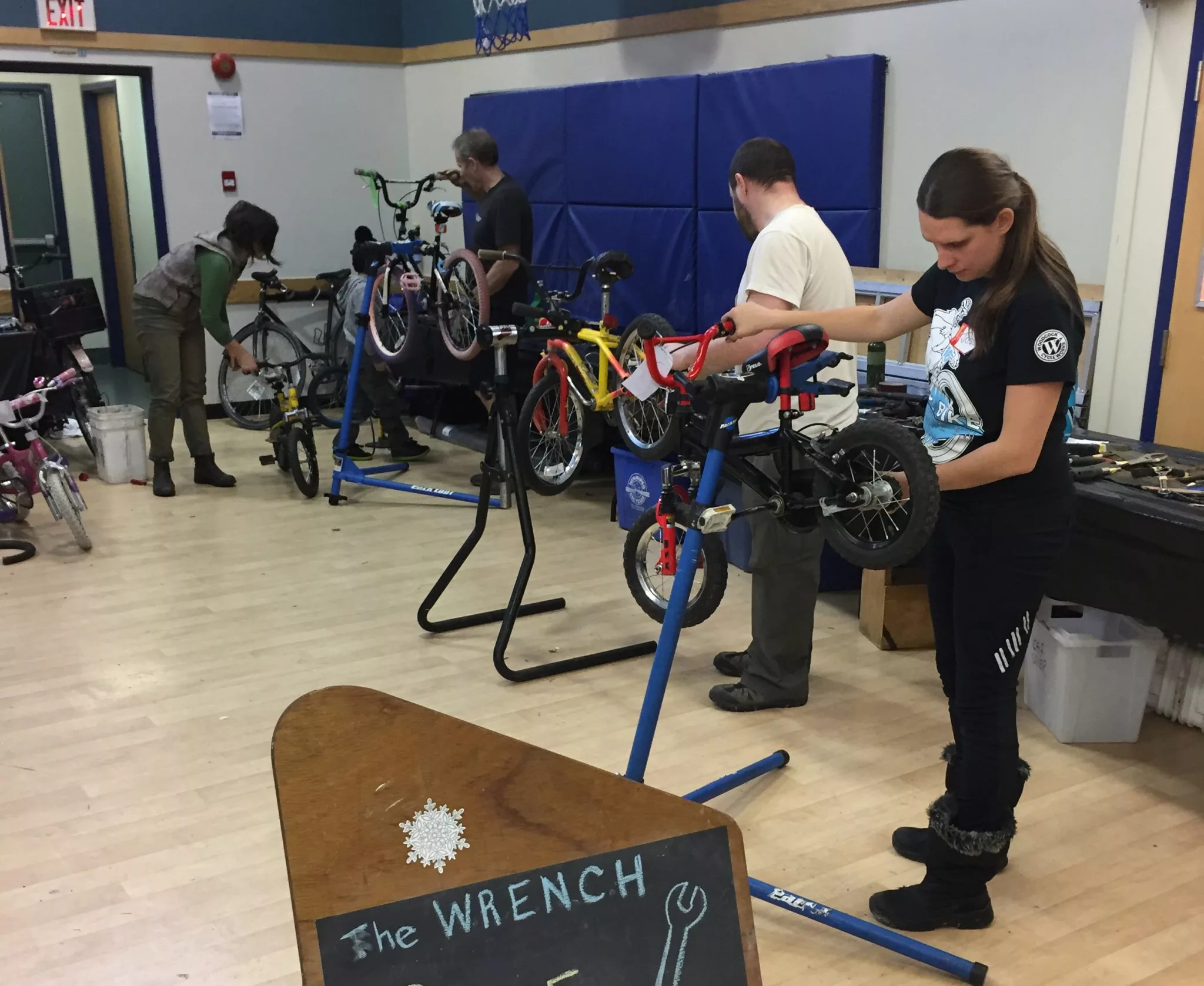
Ask community members who know how to fix small appliances, mend clothes, or repair bikes to help teach others. Organizations such as the W.R.E.N.C.H. offer community or school workshops on basic bike repair and tune-ups.
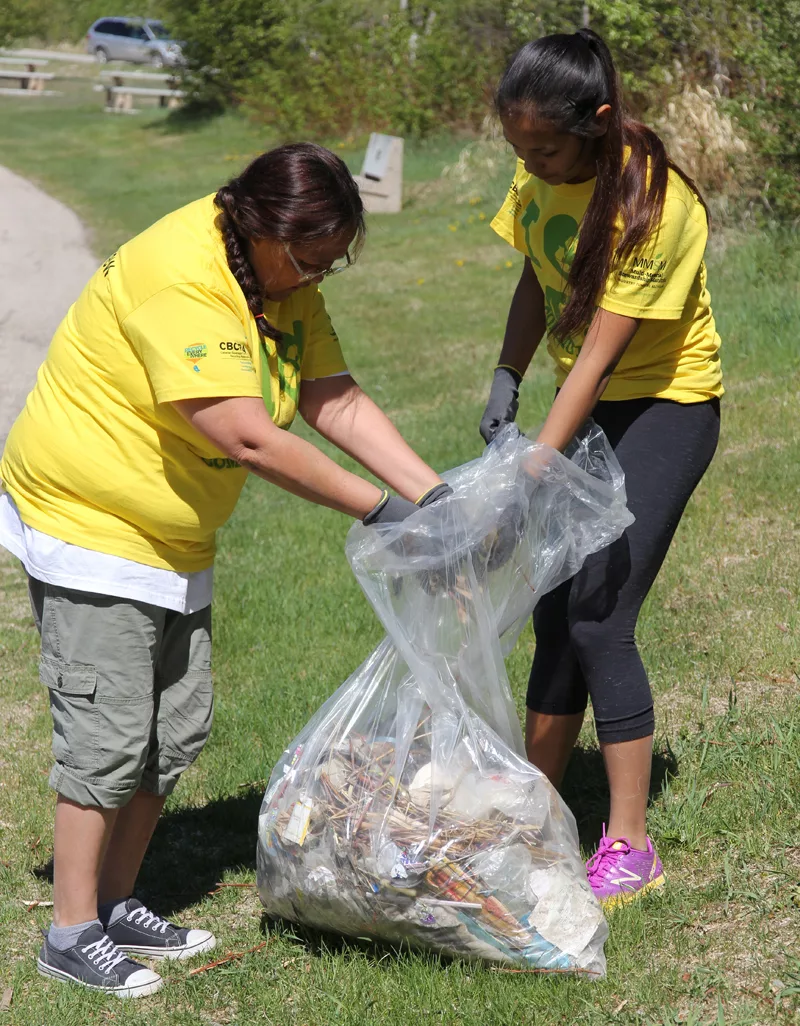
Putting on a spring clean-up is a great way to get community members involved and learning how to reduce, re-use and recycle waste.
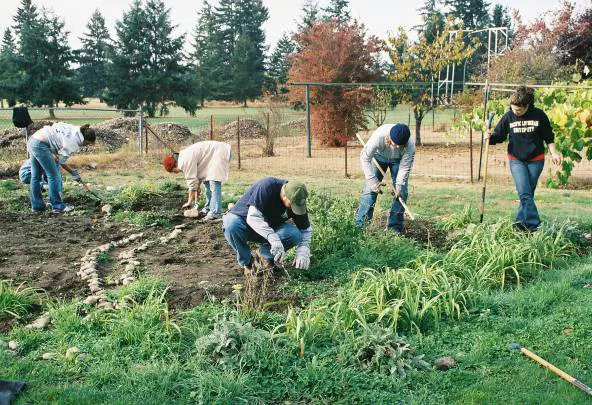
Growing food locally helps cut down the amount of waste from packaged food. Plus it's way more delicious (and fresh)!
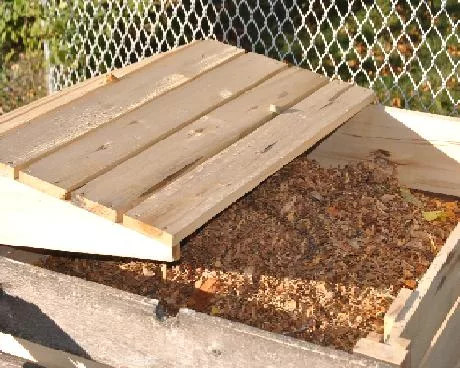
Start composting at your community garden to make the circle complete - grow food, eat food, compost food, add the finished compost to the garden to grow more food.
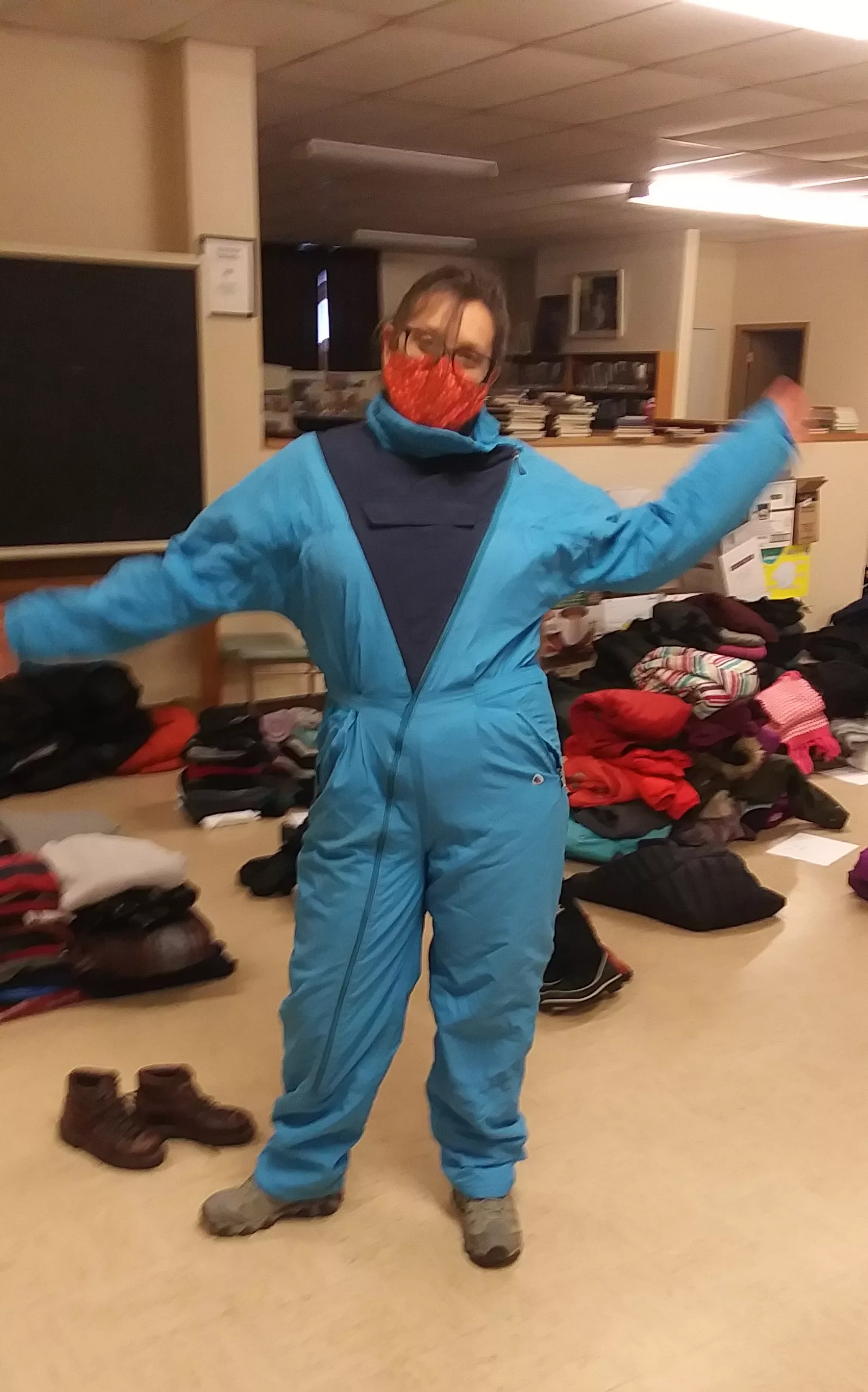
Sharing gently used clothing is a fun and easy way to change up your wardrobe, save money and reduce waste.
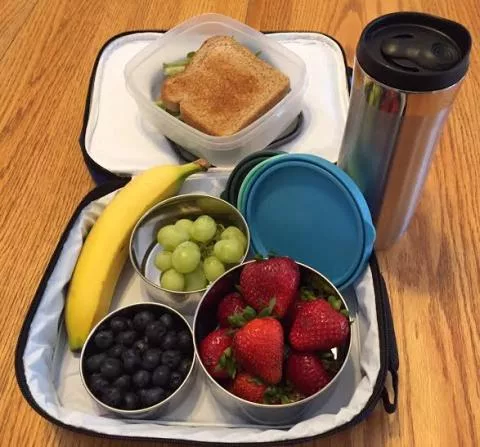
Skip the saran wrap and the prepacked cheese and salami.
Try reusable food storage containers and drink bottles instead.

Stock the community centre with real cups, plates and cutlery for events instead of using disposable dishes.
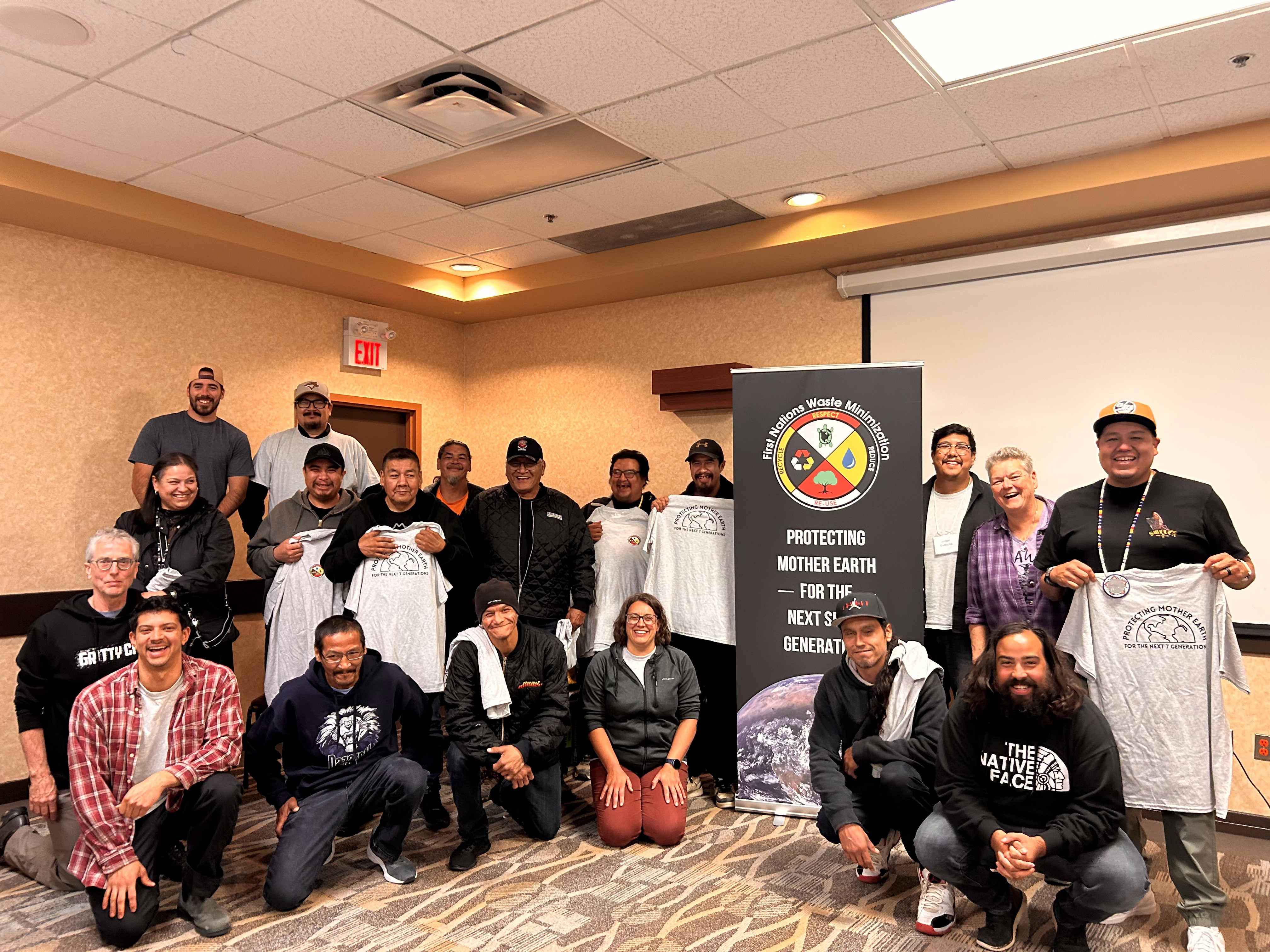

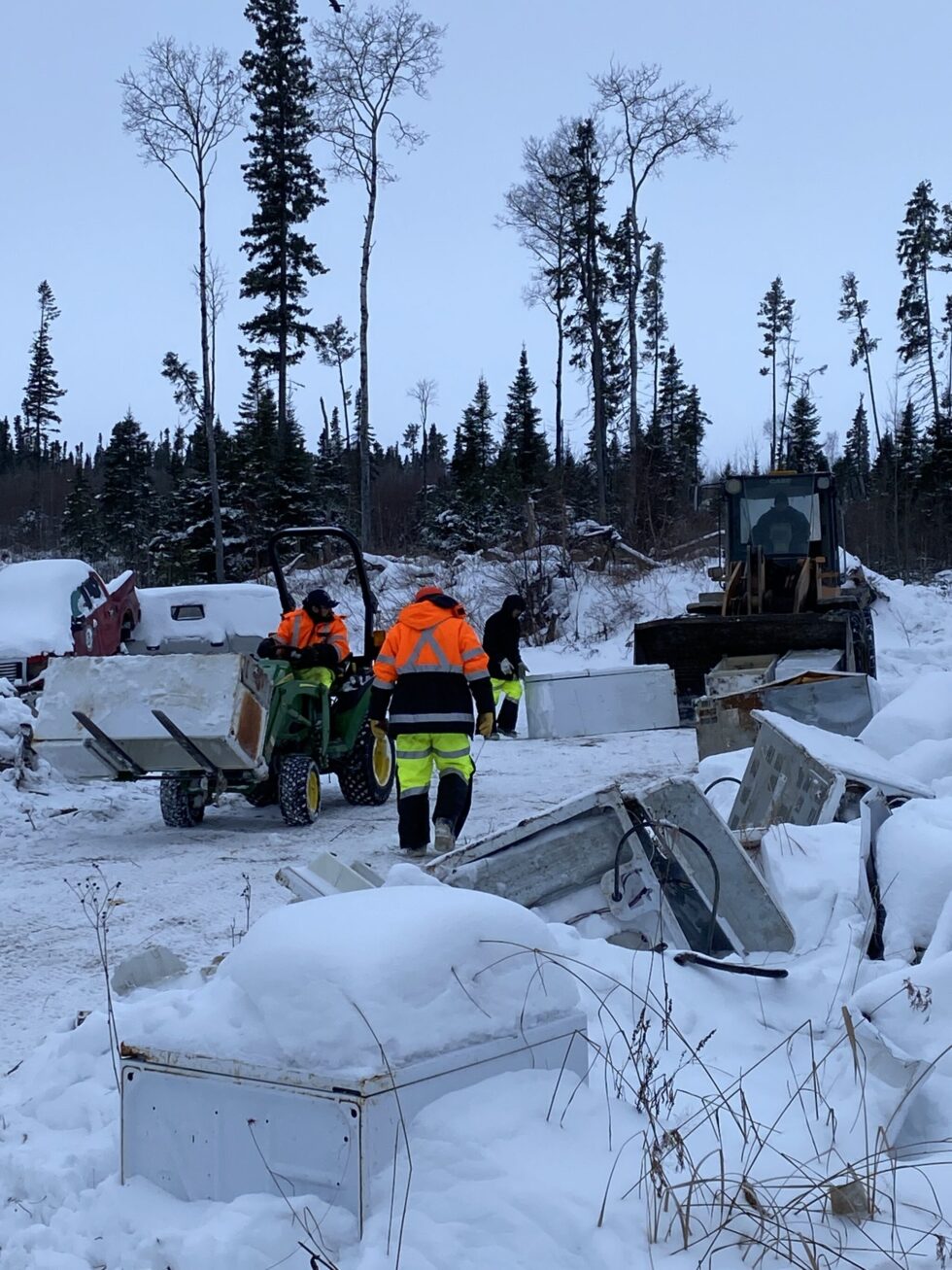
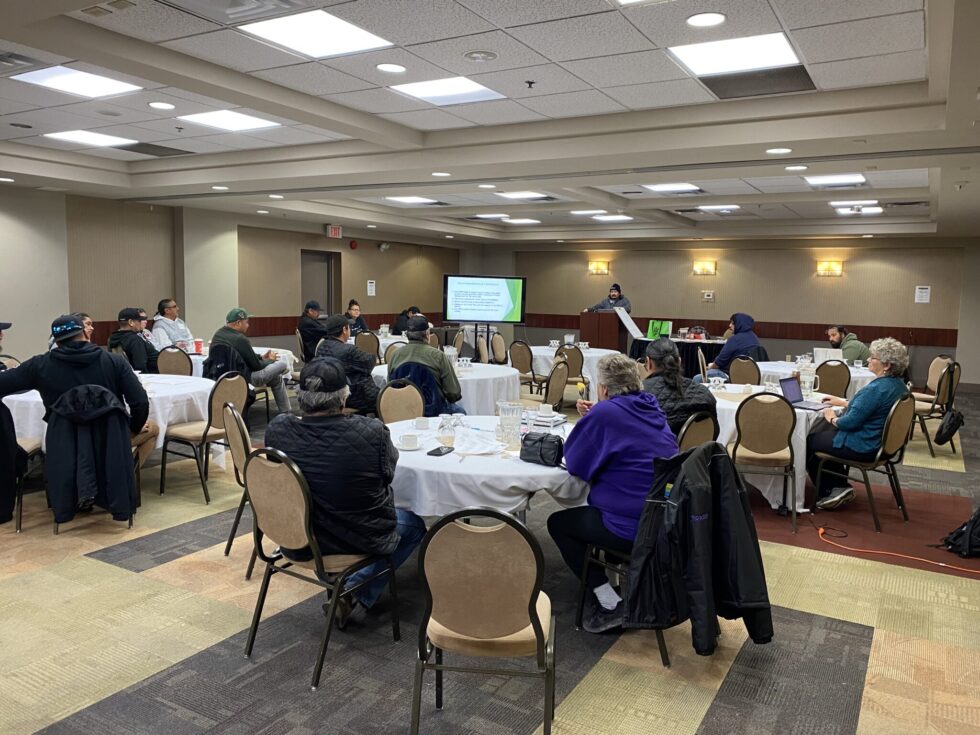

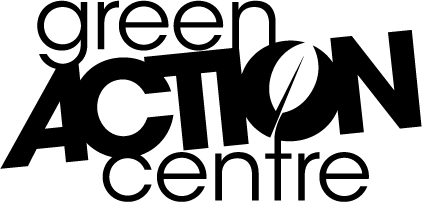
Program Manager
First Nations Waste Minimization Program


Community Pathfinder
First Nations Waste Minimization Program


Winter Road Recycling Project Coordinator
First Nations Waste Minimization Program